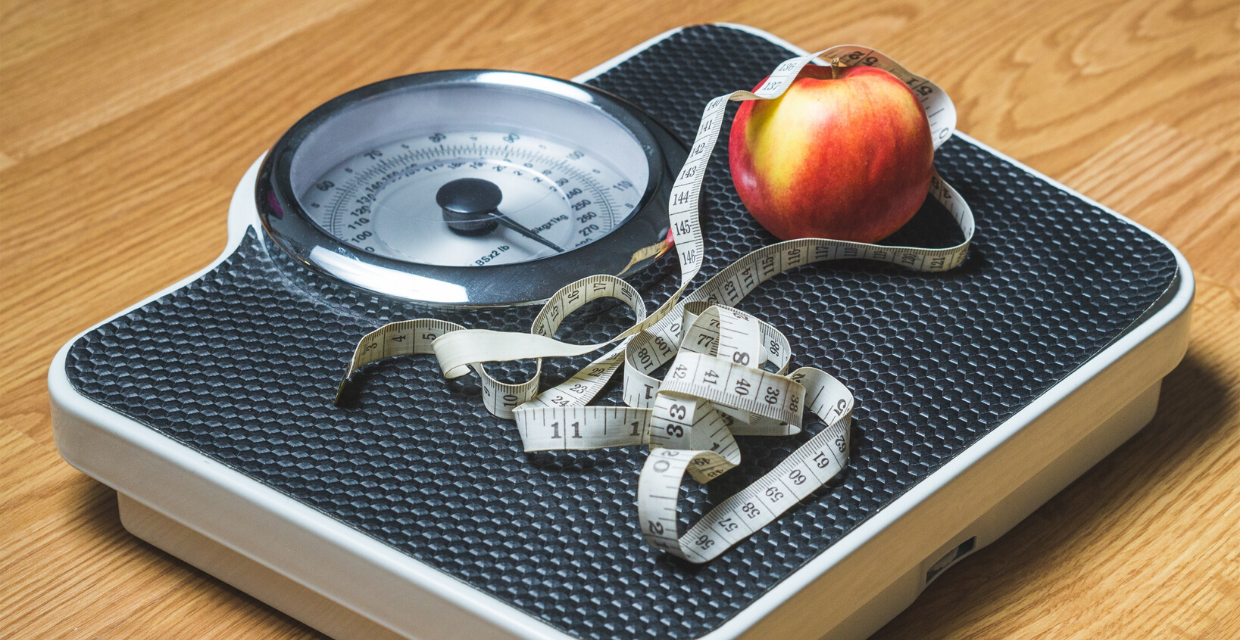With the increased influence social media has on teenagers, there comes a silent underlying issue with it.
Body image.
Whichever platform you go to, you will see popular posts that feature men and women of a particular body type. These are usually the ones with more than a thousand likes and positive comments.
“I should look like that because that’s what people like.” This is something that would commonly run through a teenager’s head.
As teenagers, of course, they would want to fit in and belong, just like how those men and women are accepted wholeheartedly by society. Because of this pressure, they may start to be overly critical of how they look.
Social media has a huge influence on teenagers, especially those who are just starting puberty. As a matter of fact, children as young as five years old already begin to have an awareness of body size.
These platforms tell us that there is a “perfect body type” people should ascribe to. Now that we’re always indoors with nothing but our screens, its influence becomes more tangible and our children more impressionable.
What Happens When Teens Have Body Image Issues?

As kids’ bodies change, so does their perception of their body image. As they undergo these changes, they become more vulnerable to the impacts of social media and other people’s comments.
Growing dissatisfied with their body image, teens eventually have low self-esteem. Below are some of its adverse effects:
- Engaging in risky behaviours (drug and alcohol misuse)
- Poor mental health
- Self-harming
- Socially inept
- Low self-confidence
- Eating Disorders
- Depression
How To Identify Body Image Issues
- Always looking at their “imperfections” in the mirror
- Avoiding social gatherings or situations
- Obsessed with numbers (counting calories, weighing themselves every day, sensitive to the size on a clothes’ tag, etc.)
- Looking for instant gratification repeatedly for their appearance from others
- Speaking negatively about their appearance i.e. “I’m ugly”, “I wish I had a better body”, etc.
- Obsessed with the gym
- Ignoring their obesity
- Constantly comparing themselves to others
“My legs are fat.” Something so simple can already be a sign of negative body image. Pay attention to what your children are saying about themselves and other people’s physical appearance. These quick comments are usually the seeds that grow into low self-esteem.
5 Ways You Can Help As A Parent
1. Lead By Example

What we say about our bodies will be reflected in how they perceive theirs. Children are not as self-conscious as we think they are about their body. However, if they see us putting too much value on physical appearance, they’ll follow.
Make sure to avoid speaking ill of your own body and other people’s. Being conscious of your attitude towards body image will help your children forge healthier mindsets. Try not making negative remarks on your body if possible.
Here are other ways you can lead by example include:
- Take good care of yourself and your body
- Show that enjoying food is not a bad thing
- Talk about your body positively
- Stay physically active every day
2. Appreciate Their Non-Physical Attributes

When your child has a negative body image, that means they put significance on physical appearance. However, the truth is that there’s so much more to a person’s worth than just how they look like.
Tell your kids you are proud of their talents, kindness, skills, and other qualities that aren’t related to physical appearance. Doing so helps them see they have intrinsic value and, thus, boosts their self-esteem.
Focusing on nonphysical attributes shapes their mindset into being less judgmental of themselves and other people. This will teach them that people are worth more than their looks, helping them forge healthier relationships.
3. Teach Them To Be Critical Of The Media

Many of what they know in their formative years come from the media, be it television shows, commercials, social media, magazines, and the like. However, it is proven that unfair projections the media portray negatively affect children.
To combat this, guide them in questioning what the media is showing. Ask questions like, “Does everybody really look like that?”, “Should you force yourself to be what you’re not?”, and the like. Asking such questions help form critical thinking and force them to reflect on themselves.
4. Help Them Choose Healthy Social Circles

This step isn’t just for forming a healthy mindset on body image, but also for their relationships in the long run. You can help them choose healthier social circles by teaching them what to look out for.
Don’t hang around people who value physical appearances and their judgment of others. Being with people who are overly concerned with aesthetics and slimming down can be too pressuring for your child. This gives off the impression that physical appearance is the most important attribute that defines self-worth.
Most importantly, tell them they should be with people who do not judge other people’s looks. This would teach them to acknowledge and respect the value of differences. Be with people who have the same interests, humour, and other qualities beyond looks.
5. Make Healthier Lifestyle Choices As A Family

Your child cannot go through their journey alone. This is where you come in as a family. It’s much easier for them to make healthier choices when they are guided at a young age. Read more: Conquering Childhood Obesity As A Family.
Here are some ways you can live healthier as a family:
- Eat together at the dining table
- Go on bike rides or walks in the park
- Cook together
- Engage in family activities or events
- Do grocery shopping together
In A Nutshell…
Children are already self-aware of their body by the age of five years old. As parents, we should be more conscious about our attitude towards body image as well.
As your teens grow up, you must continuously have the healthiest influence on them than the unhealthy standards that the media presents. Let’s use this as a means to help them value themselves beyond their looks.
Every child is different and you must show them how to value these differences. They shouldn’t follow what social media says they should look like. All they need is to love themselves as they are, and the rest will follow.
Are you experiencing the same things with your child? Share us your experience below and let’s help each other out!






